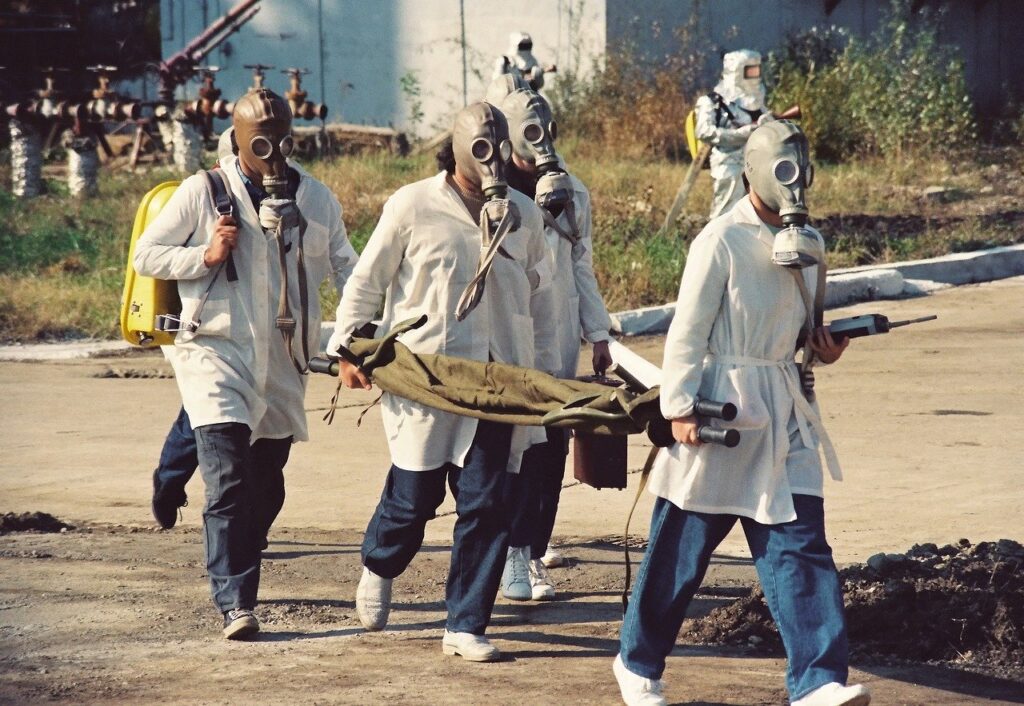WASHINGTON (Reuters) – A global dirty money watchdog on Friday agreed to revamp its standards to beef up monitoring of financing aimed at evading U.S. and United Nations sanctions and proliferating weapons of mass destruction, the U.S. Treasury Department said.
Endorsement of the new standards by the Financial Action Task Force (FATF) at its meeting this week would strengthen the global response aimed at curbing the proliferation of such weapons, Treasury said in a statement.
It said North Korea and Iran had established complex and elaborate networks, including front and shell companies incorporated in many FATF member countries, to evade U.S. and UN sanctions and move funds to “further their dangerous purposes.”
Washington began pushing for the changes when it headed the global watchdog in 2018-2019. Germany currently leads the body, which was set up in 1989 and currently includes 37 member jurisdictions and two regional organizations, the European Commission and the Gulf Cooperation Council.
“The collaboration of the FATF is vital to addressing global illicit financial activity, including fraud associated with the COVID-19 pandemic, proliferation financing risk, and other (anti-money laundering and counterterrorist) priorities,” U.S. Treasury Secretary Steven Mnuchin said in a statement.
The change requires countries and the private sector to assess and mitigate proliferation financing risks related to the “potential breach, non-implementation or evasion of UN financial sanctions.”
Treasury said U.S. financial institutions and other U.S. businesses were generally already assessing and mitigating the risk of sanctions evasion, but it remained challenging to disrupt sophisticated networks set up by Iran and others.
It said the enhanced FATF standards would allow FATF members to arm their financial institutions and other entities with targeted information to crack down on shell companies and other individuals or entities acting on behalf of sanctioned persons.
.
October 24, 2020, Published on Reuters






